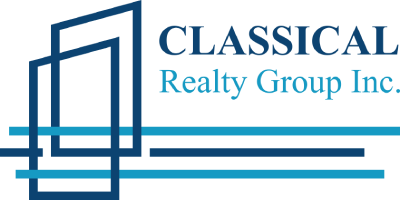
The Six Most Common Types of Buyers: Pros & Cons
Business owners considering selling should realize that they have many different types of prospective buyers. Today’s prospective business buyers are more sophisticated and diverse than ever before. Let’s take a closer look at the different types of prospective buyers and what you should know about each of them.
1. Family Members
Family members often buy businesses from other family members. There are many reasons this happens. For example, a family member is already very familiar with the business. If a family member is treating the responsibility seriously and has prepared years in advance for the responsibility of owning the business, then selling to a family member can work.
However, there are many potential problems when it comes to selling a business to a family member. One problem is that the family member simply lacks the cash to buy the business. This can cause disruptions. If the family member is unprepared to run the business, then the business can suffer a range of disruptions leading to a loss of business. Any family member that buys a business must be ready for the responsibility. An outside buyer usually solves all of the problems that come along with a family member buying a business.
2. The Individual Buyer
Most owners of small to mid-size businesses like the idea of selling to an individual buyer. Often these buyers are older between the ages of 40 and 60, and bring with them a good deal of real world business experience acquired in the corporate world. For these buyers, owning a business is a dream come true. Many individual buyers have the funds necessary to buy.
An individual buyer who is looking to replace a job that has been lost or downsized is often an excellent candidate. On the downside, individual buyers quite often have not owned a business before and may be intimidated by what is involved. At the end of the day, the individual buyer is often easier to deal with than other types of buyers.
3. Business Competitor
It is quite common for business owners to look to their competitors when it comes time to sell. No doubt, the approach of selling to a competitor makes sense, as a competitor already understands the business and will likely see the value.
Additionally, a buyer may see buying a similar business as an easy way to expand and increase cash flow. That stated, it is extremely important to work with a business broker in this situation. By going through a business broker, it is possible to have a secure confidentiality agreement in place so that the prospective buyer doesn’t learn the name of the business or other details before signing the agreement.
4. The Foreign Buyer
Foreign buyers often have the funds they need and look at buying an existing business as a way of addressing such issues as language barrier, licensing difficulties and other problems. Business brokers can be very helpful when working with foreign buyers, as they have experience with the obstacles a foreign buyer may face.
5. Synergistic Buyers
A synergistic buyer is one that feels that a particular business would complement his or her existing business. The idea is that they can combine the two businesses and in the process, lower their cost and acquire new customers. These are just a few of the advantages for a synergistic buyer, and that is why they are often willing to pay more than other buyers.
6. Financial Buyers
Financial buyers can come with a long list of demands, criteria and complications, but that doesn’t mean that they should be discounted. With the assistance of a business broker, financial buyers can still be good prospective candidates.
It is, however, important to remember that these buyers want maximum leverage and are often a good option for the seller who wants to continue to manage a company after it is sold. It is common for financial buyers to offer a lower purchase price than other types of buyers. After all, buying the business is strictly for financial purposes and it isn’t attached to fulfilling a dream or a family tradition. Financial buyers are looking for a business that is generating sufficient profits so as to support the business and provide a good return to the owner.
Working with a business broker can help you find the right kind of buyer for you. Every business is different and every prospective buyer is different. A business broker can help you navigate the possibilities so you find the right buyer for your business.
